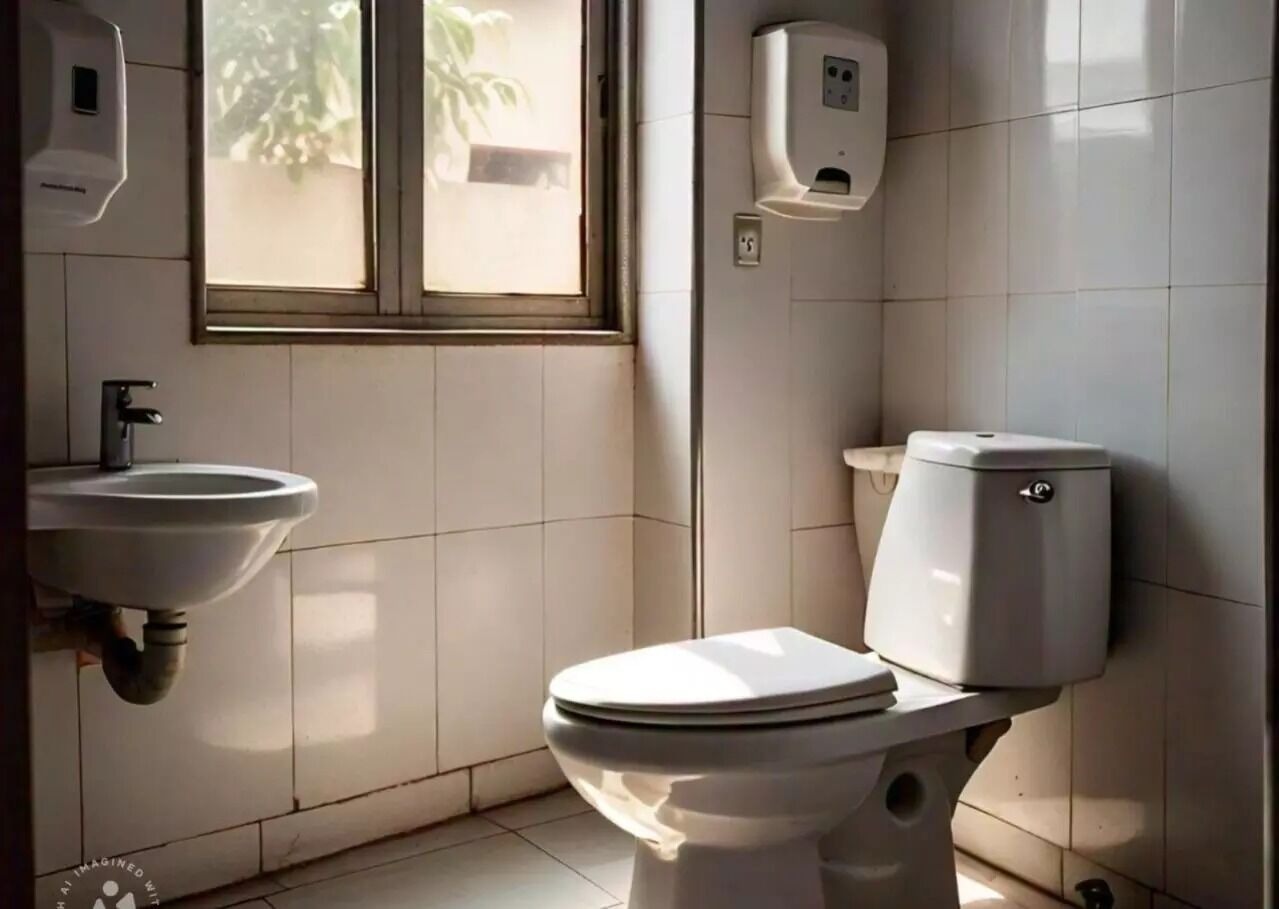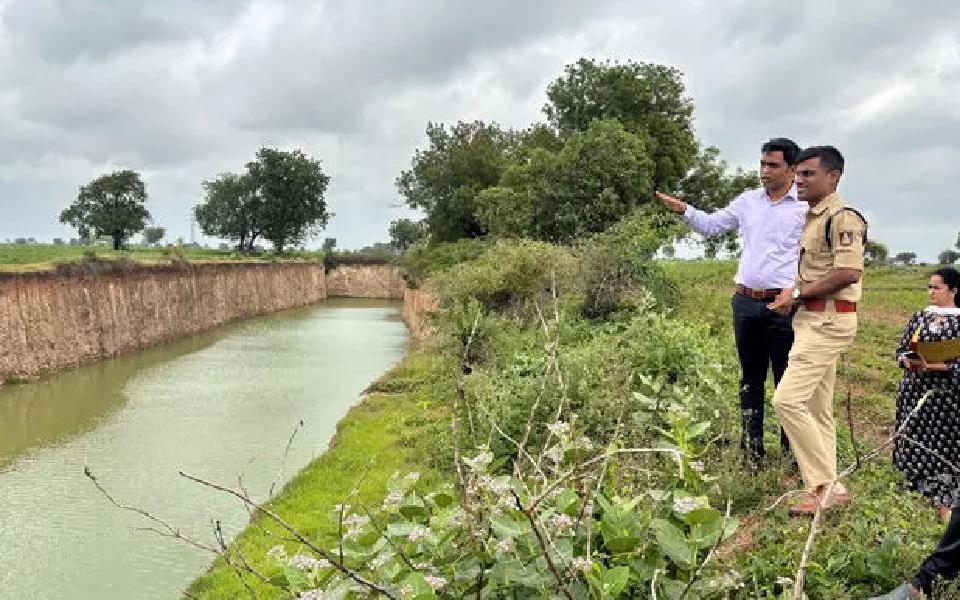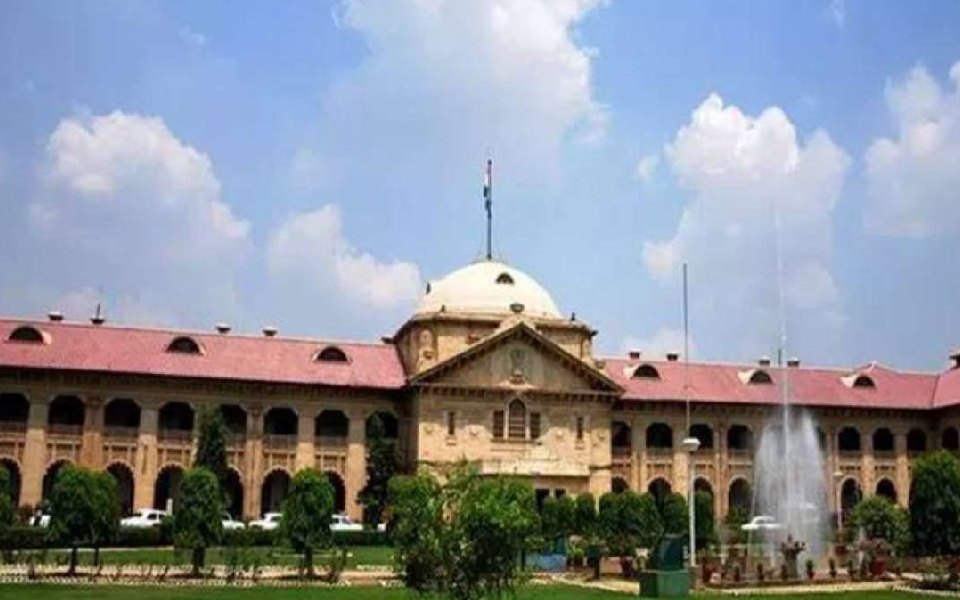Bengaluru: More than 3,580 government schools in Karnataka are without functional toilets, while nearly 4,000 schools lack hand wash facilities, highlighting a significant gap in basic infrastructure.
This glaring situation was highlighted in the recently released Unified District Information System for Education (UDISE) 2023-24 report, which underscores the neglect of essential facilities within the state’s education system. The report revealed a lack of functional toilets in 2,648 boys' or co-educational schools, and 937 girls' or co-educational schools.
Experts argue that the government must halt its focus on promoting modern practices in schools and universities until it fixes these critical infrastructure issues in government schools.
Development Educationist Professor Niranjanaradhya mentioned that the figures are ‘underestimated’ and fail to represent the ground reality. “The availability of toilet facilities is far worse than what the report indicates. The actual numbers are likely three to four times more,” he was quoted as saying by The New Indian Express.
He remarked that providing basic facilities such as functional toilets and drinking water are essential development rights. However, he pointed out that these rights require adequate funding, which the state government appears unwilling to prioritise.
Prof. Niranjanaradhya emphasised that the Right to Education (RTE) Act, which mandates these basic facilities, has been in effect since 2010. "Fifteen years later, in 2025, if the government still fails to meet these basic standards, what hope do we have of achieving anything beyond this?" he questioned.
Child rights activist Vasudev Sharma highlighted the poor state of washrooms, especially in rural areas, noting issues like lack of running water, broken latches, and inconvenient locations, making them unsafe and inaccessible for children. He also questioned why the government focuses improvements only on urban areas.
He described this as a severe violation of the RTE Act and a betrayal of every child in government schools, pointing out that despite the reports exposing the truth, the government continues to ignore them.
Let the Truth be known. If you read VB and like VB, please be a VB Supporter and Help us deliver the Truth to one and all.
Yadgir: Deputy Commissioner Harshal Boyar visited Kadechur village in Yadgir taluk on Thursday to inspect a site where illegal extraction of murrum was reported.
Following public complaints, Mr. Boyar examined activities on patta land across several survey numbers in the village. He instructed officials from the Mines and Geology Department to constitute a team to investigate the extent of unauthorised murrum extraction and to submit a detailed report.
During the visit, he was also informed of a case registered at Saidapur Police Station concerning illegal murrum extraction from Survey No. 423 in the village.
Superintendent of Police Pruthvik Shankar, Senior Scientist of the Mines and Geology Department Poornima, Yadgir Tahsildar Suresh Ankalagi and other officials accompanied the Deputy Commissioner during the inspection.





